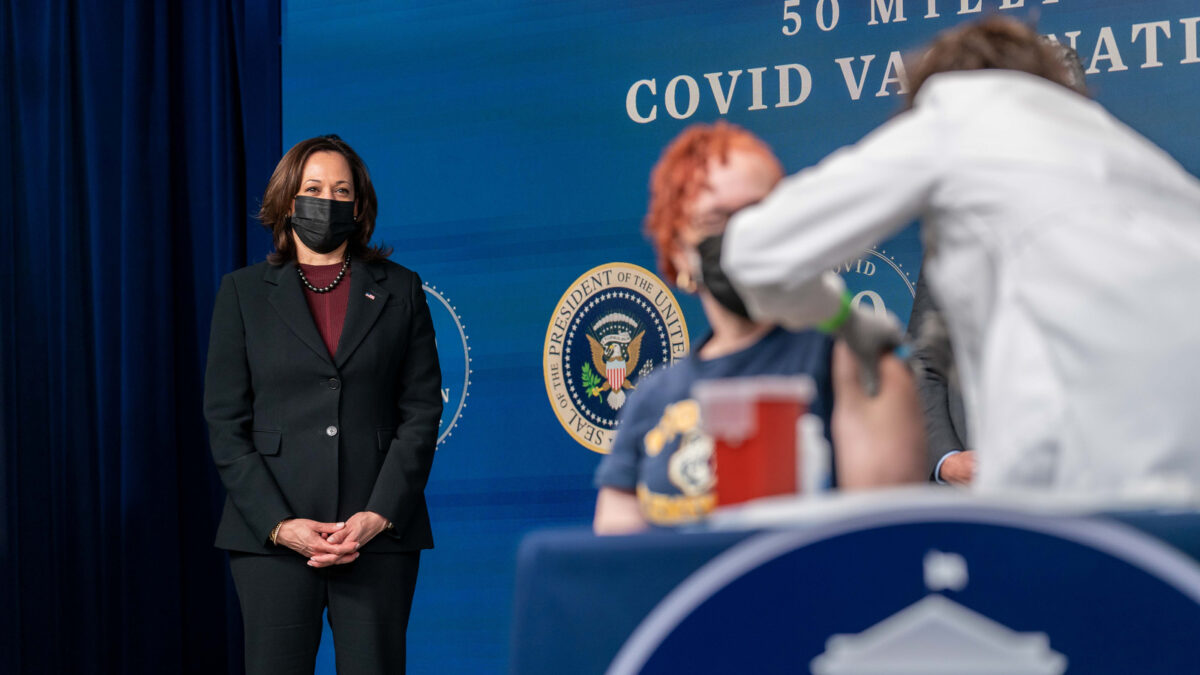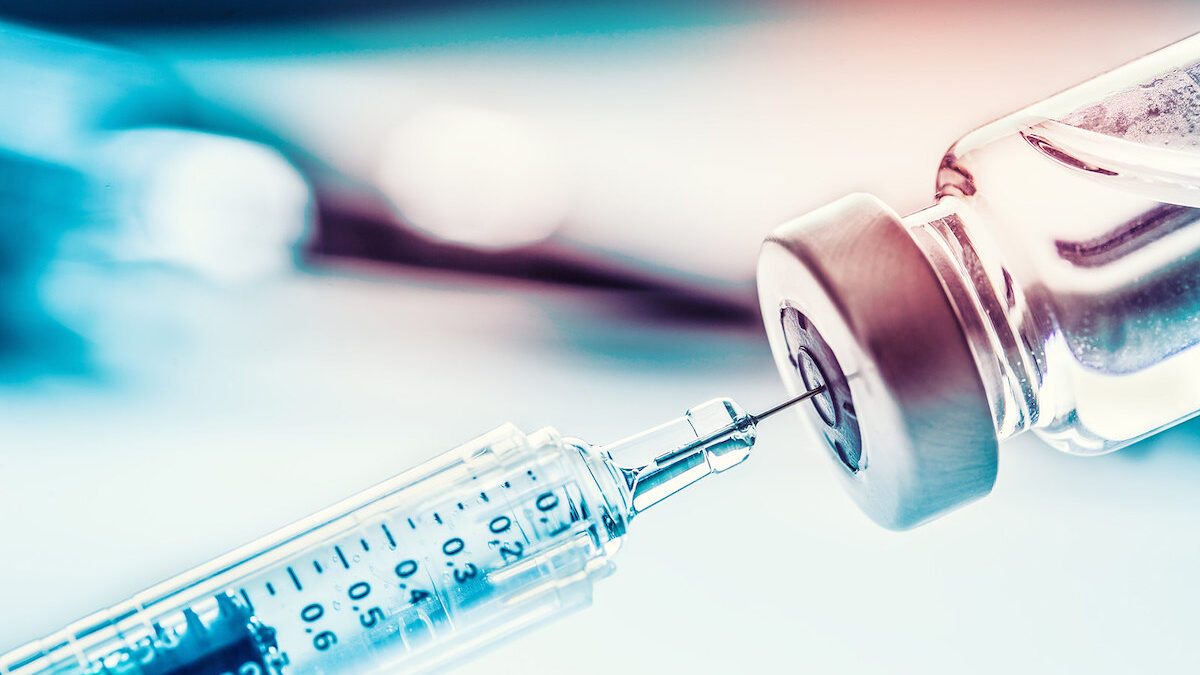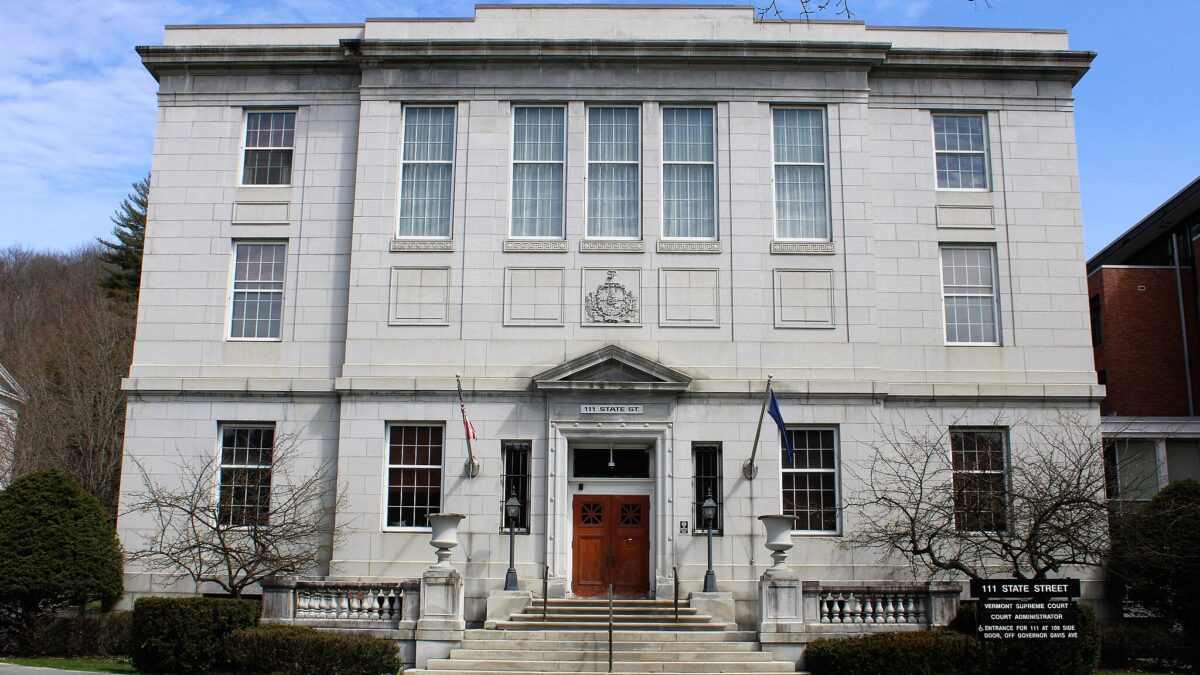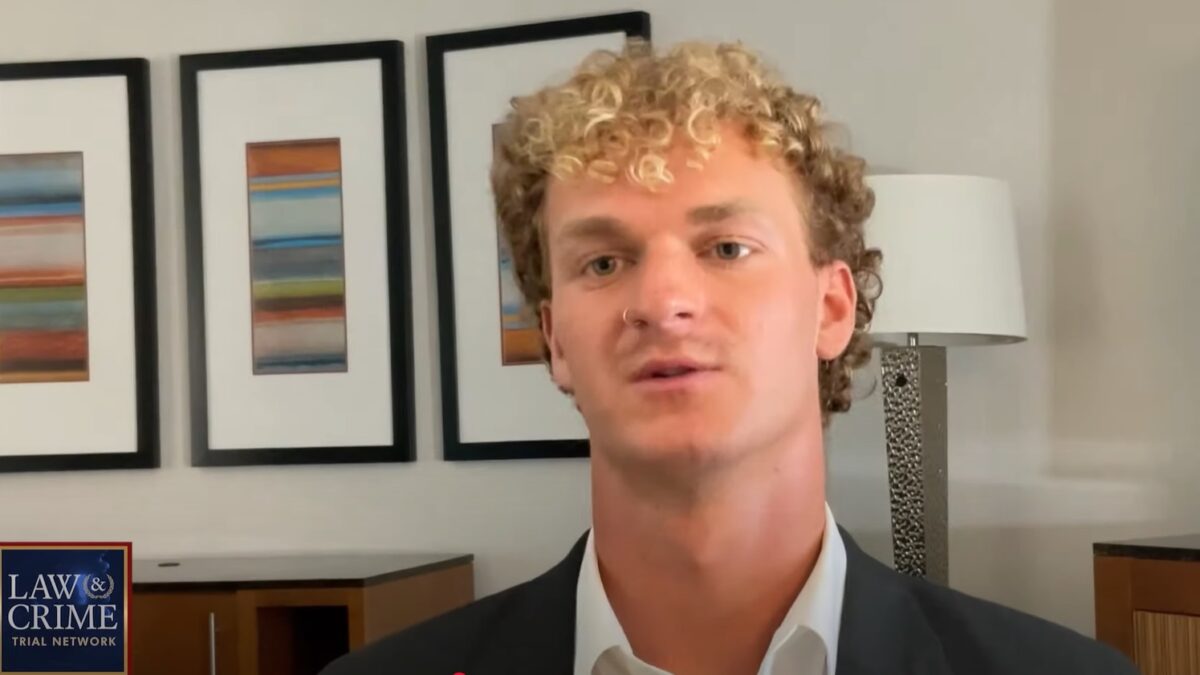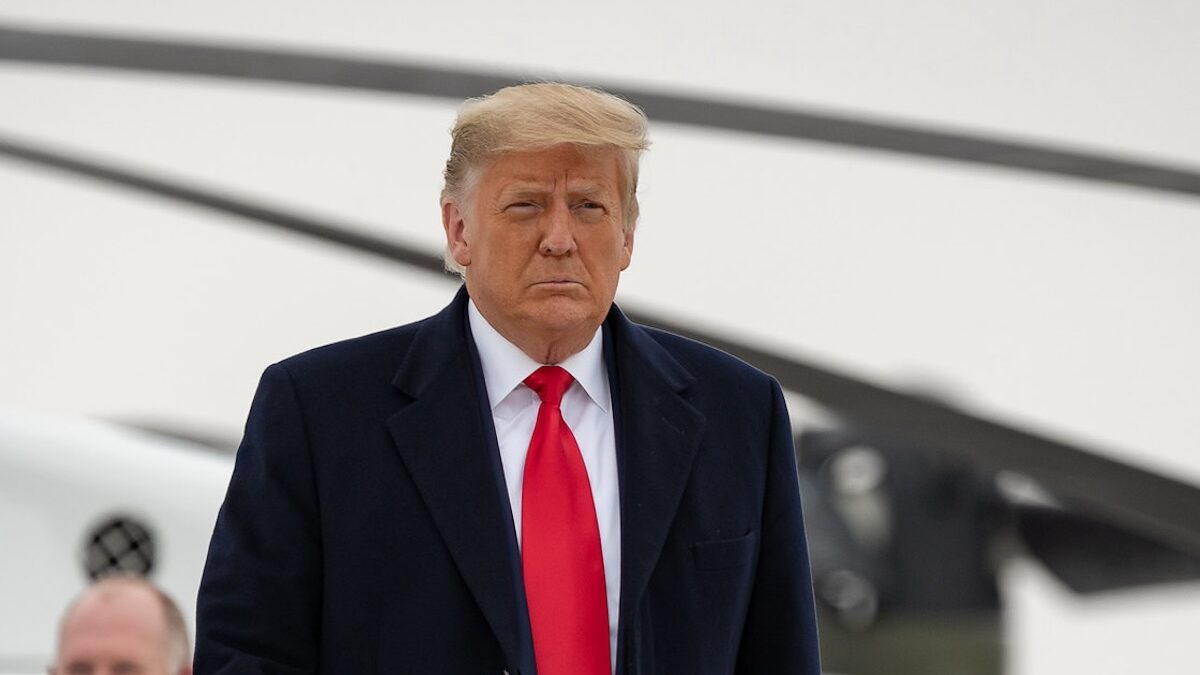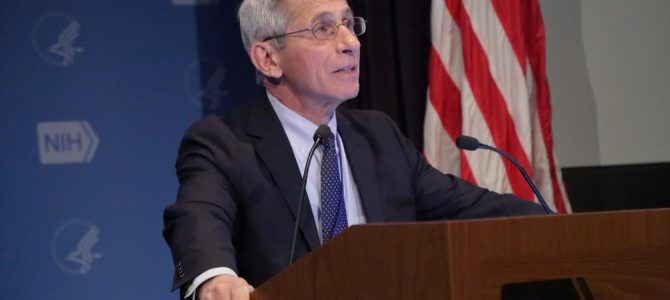
Dr. Anthony Fauci just spilled the beans: contrary to the implicit promise numerous politicians made that COVID-19 restrictions would only last “until there’s an effective vaccine,” Fauci says the arrival of a vaccine won’t mean life will return to normal, perhaps for more than a year.
“If you’re talking about getting back to a degree of normality which resembles where we were prior to COVID, it’s going to be well into 2021, maybe even towards the end of 2021,” said the director of National Institute of Allergy and Infectious Diseases on Friday.
A safe and effective vaccine produced this quickly would be a stunning scientific accomplishment that could save thousands of lives. But Fauci warned that widespread distribution and getting “the majority, or more, of the population vaccinated and protected” won’t happen until perhaps the end 2021, and therefore means we cannot be free from oppressive lockdown measures until at least that point.
Aside from Fauci being a reliable harbinger for politicians moving the COVID-19 goal posts, we have three very good reasons to doubt the understanding promoted by politicians so far about returning to normal when a vaccine is deployed: 1) politicians already moved the goalposts far away from “flatten the curve” and “15 days to slow the spread” and thus can’t be trusted 2) they’ve ignored their promise of reopening if effective treatments were found, and 3) the newly discovered phenomenon of COVID-19 reinfection gives panic-pushers an excuse to keep lockdown measures until some new target of vaccine efficacy or compliance is met.
In short, we have every reason to believe Fauci might even be understating the persistence of lockdown measures and almost no reason to believe previous political promises.
As I’ve written before, the slide from “flattening the curve” to make sure hospitals weren’t overwhelmed to goals as ambitious as “stopping the spread” happened about as fast as the decline in bad news about COVID-19 this spring. With nary an explanation as to why meeting the first goal wasn’t good enough to reopen American life as they had promised, politicians and journalists gaslit the public into accepting months of lockdowns.
No one this disingenuous can be trusted, which brings us to point number two: some governors have implied relief from lockdowns upon getting “effective treatment” as recently as this month. According to the Desert Sun, California Gov. Gavin Newsom said in late August that the coronavirus “isn’t going away any time soon,” and that Californians need to “‘live with this fundamental truth until there is a vaccine’ or therapeutics help manage the spread of the virus” (emphasis added).
Similarly, the August 20 version of Washington’s Safe Start Reopening plan says, “Until there is an effective vaccine, effective treatment or herd immunity, it is crucial to maintain some level of community interventions to suppress the spread of COVID-19” (emphasis added). Oregon Gov. Kate Brown said on September 1 that Oregon can’t return to normal “until we reach the day that there is an effective vaccine or treatment for this disease” (emphasis added).
Except we already have cheap, safe, effective therapeutics to help manage the spread of the virus that have been shown to clear the viral load in mild to moderate COVID-19 cases in about a week. Both ivermectin and hydroxychloroquine have been in use for more than half a century and have favorable safety profiles (extremely high dosages notwithstanding).
Numerous studies of hydroxychloroquine, sometimes in combination with azithromycin, show significant reduction in mortality. Ivermectin is newer to the COVID-19 treatment scene, but research so far indicates an impressive level of efficacy in eliminating the virus. If we’re “at war” with COVID-19 and if shortening the contagious period is so important, as Newsom claims, then there’s no reason not to encourage widespread use of these treatments by doctors.
Yet the West Coast governors haven’t even tied a promise of reopening to confirmation of efficacy with these or any other drug currently being evaluated for COVID-19, something it makes perfect sense to do if they were serious about reopening with an effective treatment.
So should residents of these states trust their governors’ implicit promise they can return to normal when there’s an “effective” vaccine? And just how effective must it be to trigger a return to normal? Government officials have conveniently refused to determine metrics for that, leaving open the opportunity to move the goalposts yet again.
More importantly, now that we know reinfection with other strains of SARS-CoV-2 may be possible (albeit mild in effect, so far as we know), politicians can now say the rules of the game have changed, if and when it suits their agenda. While governors who imposed harsh pandemic restrictions, like Inslee, Cuomo, and Murphy, have been quiet so far on what reinfection means for policy, it will be easy for them to spin mild and asymptomatic reinfection as a cause for alarm, particularly if their case counts begin trending upwards again.
Rather than pushing politicians to lift social distancing and mask restrictions, as Forbes Policy Editor Avik Roy hopes the nature of the reinfections will do (since a COVID-19 vaccine will likely have very limited efficacy, as with the flu), governors and public health officials could argue the asymptomatic and mild cases of reinfection are all the more reason to “lock down again,” since we may experience a wave of reinfections before a vaccine has been widely administered.
Given that asymptomatic individuals have been made into the “superspreader” bogeymen of the pandemic, they can be touted as an additional reason to make everyone who appears healthy, including people who’ve already had the disease, continue distancing and wearing masks in perpetuity.
Furthermore, the U.S. Food and Drug Administration has said it would only greenlight vaccines for deployment that have more than a 50 percent efficacy rate. If none of the vaccine candidates meet that standard, governors could inflict a range of social distancing policies until there is one, perhaps years down the road.
The goalposts are moving yet again. Contrary to Roy’s conclusion that ineffective vaccines will rob non-pharmaceutical interventions of their political and public health experience, it’s likely vaccination rates will become the new target for governors. Even if the FDA lowers the bar and accepts 30 percent efficacy as good enough for deployment (a rate we sometimes see with the seasonal flu vaccine), governors who think we can’t go back to normal until the virus is “stopped” will put even more pressure on getting as much of their state vaccinated as possible.
Even before Fauci’s pronouncement that we needed to get at least a majority of Americans vaccinated, signs were emerging that the goalposts would move to vaccination rates. Before the first confirmed reinfection case even came to light, Virginia Health Commissioner Dr. Norman Oliver said he plans to mandate the yet-to-be-released COVID-19 vaccine for all Virginians, with no exceptions except for medical reasons.
Experience thus far tells us we should expect that if significant portions of the public are reticent to take the COVID-19 vaccine, many governors will attempt to institute a universal mandate, and keep lockdown measures until everyone is vaccinated. It isn’t hard to envision at least several states enacting travel restrictions and bans on school entry for those who refuse the coronavirus vaccine, even though the disease is almost never deadly to those under the age of 45.
If Joe Biden wins the presidency, we could see a federal attempt to mandate the vaccine. The Democratic nominee has already voiced his support for “nationwide mask mandates” and willingness to “do whatever it takes” and “shut [the country] down” if some experts tell him he should. A vaccine mandate would solidify mass compliance as the condition for returning to normal.
Keeping COVID-19 restrictions “until there’s a vaccine” was always an empty promise, meant to keep the public submissive for a few more months. If the deployment of an effective vaccine doesn’t end COVID-19 restrictions, you know there is no lie pro-lockdown government officials won’t sell us to hold onto their power. Voters would do well to take this into account when casting ballots this November.


